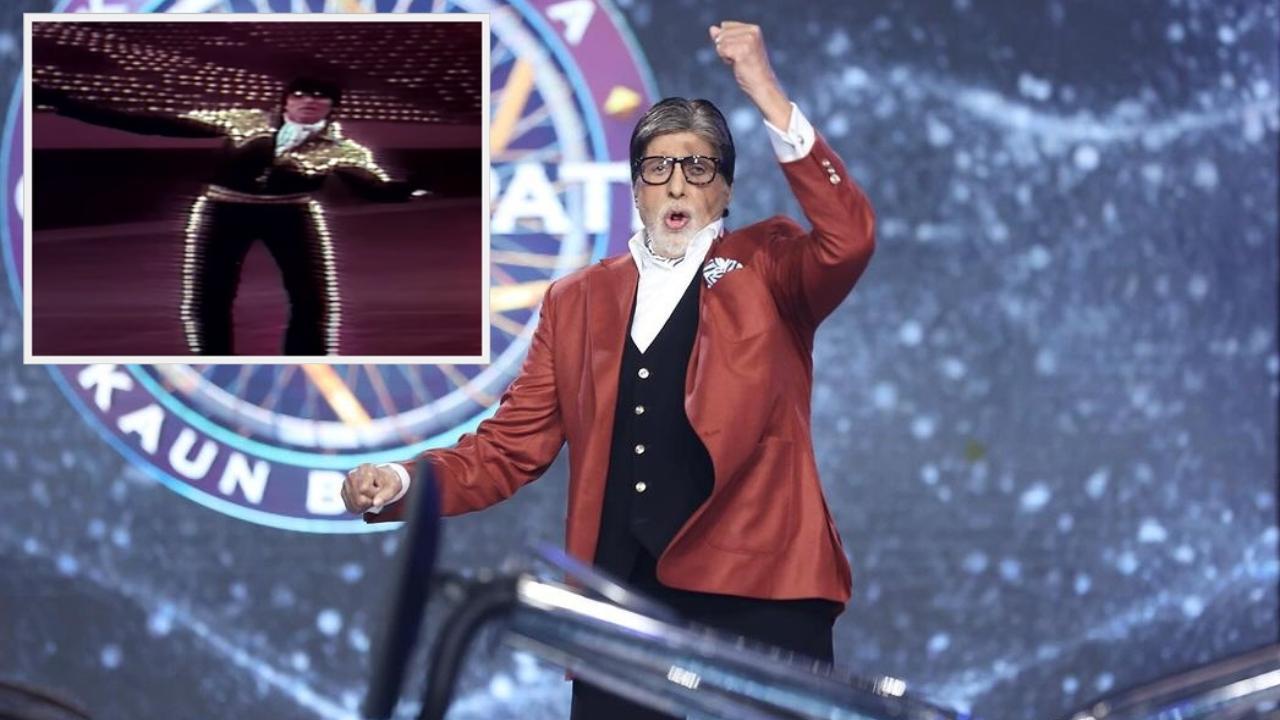The energy drink market promises you wings to fly and strength to endure a tornado maybe. However, experts have warned that these drinks may have harmful consequences, which has led many people to question their consumption. According to the US Energy Drinks Market Report 2024, “The energy drink market has experienced healthy growth, driven by a solid base of loyal consumers and new consumers.
The sales grew by 73 per cent from 2018-23, putting energy drinks on track to be a 30 billion USD market in the next five years.” Meanwhile, a 2024 report by Mordor Intelligence says that the India Energy Drinks Market size is estimated at 0.74 billion USD in 2024, and is expected to reach 1.

01 billion USD by 2030. Beverages marketed to increase energy and mental performance are categorised as energy drinks. Most of these drinks do contain caffeine to stimulate brain function with increased alertness.
Here are a few reasons responsible for making energy drinks popular. ● Energy drinks tend to be more popular among the urban population. Young adults and college students are often drawn to these beverages due to their association with a modern, active lifestyle.
● Attractive packaging may catch consumers' attention, and different sizes can cater to various consumption needs. Cardiovascular effect Several studies have shown an increase in heart rate and arterial blood pressure after energy drink consumption. Neurological and Psychological effects Individuals usually develop symptoms of caffeine intoxication in doses equal to or above 200 mg.
Symptoms include anxiety, insomnia, gastrointestinal upset, muscle twitching, restlessness, and periods of inexhaustibility. Gastrointestinal and metabolic effects Energy drinks usually contain large amounts of sugar. Therefore, high energy drink intake may increase the risk of obesity and type 2 diabetes.
Renal effects The caffeine in energy drinks has been shown to enhance dieresis (a condition where the kidneys produce and pass more urine than normal). Therefore, energy drinks should be avoided during prolonged exercise in a hot environment because of the potential for dehydration. Coffee.
In moderation, coffee is a strong source of antioxidants and may even decrease your risk of cognitive decline and cancer and liver disease. Black tea. Study after study shows that drinking tea is great for you.
And there are lots of options to choose from. For an energy boost, black tea is probably your best choice. Green tea.
An overall awesome tea option, research has shown that green tea may also help fight cancer and your risk of heart disease, lower blood pressure and cholesterol. Coconut water. This option is loaded with minerals, antioxidants and electrolytes, making it a perfect way to boost your energy after a workout.
Kombucha. This fermented black tea has probiotics, which can aid with better digestion. ● Kids and adolescents ● Pregnant people ● Individuals with pre-existing conditions (like heart or kidney disease) ● Anyone who takes medications regularly to treat health conditions.




















